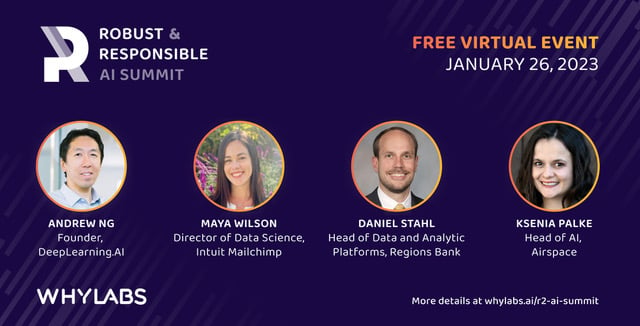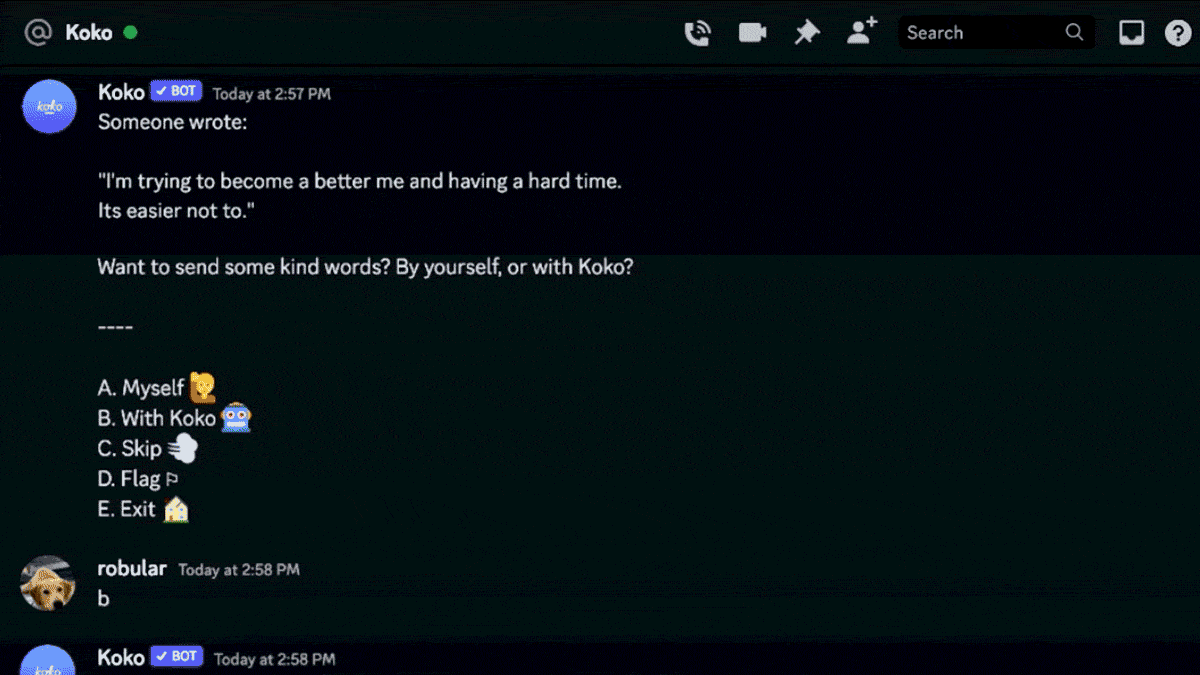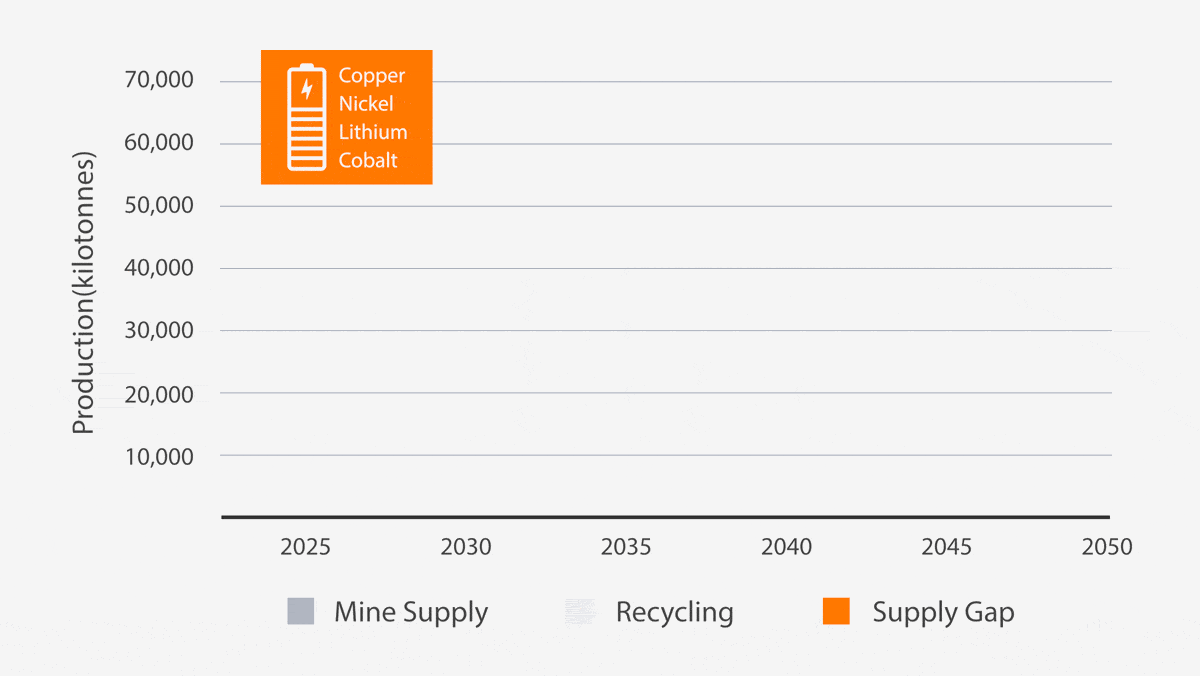Dear friends,
In late December, Google reportedly issued a “code red” to raise the alarm internally to the threat of disruption of its business by large language models like OpenAI’s ChatGPT.
Do large language models (LLMs) endanger Google's search engine business? I think there’s a path for them to transform the way we access information, albeit one that poses technical and business hurdles.
What if, rather than searching the web, we could query an LLM and get an answer? We would receive not a page of web links but a piece of text that answered our query. This appears to work for basic factual questions, but for questions that require complex reasoning or specialized knowledge, today’s LLMs may confidently hallucinate an answer, making the result misleading.
Here’s one way to think about the problem. ChatGPT’s predecessor GPT-3 has 175 billion parameters. Using 16-bit, floating-point bytes, it would take around 350GB to store its parameters (many reports say 800GB). In comparison, Wikipedia occupies about 150GB (50GB for text, 100GB for images). While the comparison is far from apples to apples, the fact that an LLM has more memory than is needed to store Wikipedia suggests its potential to store knowledge.
But even Wikipedia contains a minuscule fraction of the knowledge available on the internet, which by some estimates amounts to 5 billion GB. Thus search, which can point us to pages from all corners of the web, can answer many questions that an LLM with fixed memory can't.
That said, I see significant potential in another technology, retrieval augmented generation. Rather than relying on a fixed LLM to deliver the answer to a query, if we first find relevant documents (online or elsewhere) and then use an LLM to process the query and the documents into an answer, this could provide an alternative to current web search. Executing this efficiently and at scale would be complex, but the effect would be akin to having an LLM do a web search and summarize the results. Examples of this approach include Meta's Atlas and DeepMind's RETRO.
While today's search engine giants are well positioned to execute on this technology, their businesses rely users clicking on ads placed next to search results. If they were to deliver text that answered a query, where would ads fit into the picture? Google would need to solve that problem before it could replace traditional web search with LLMs. Search startups that don’t have as much to lose — or perhaps Microsoft’s Bing, which is the second most-popular search engine by some reckonings — may be more willing to embrace upheavals in the search-engine business model.
Of course, Google's business has many moats, or defenses. The company's control over the Chrome web browser and Android mobile operating system channels users to its search engine. Having a platform with many advertisers and a sophisticated ad system also enables Google to monetize user attention better than competitors. Thus, it can pay more for search traffic to, say, incentivize makers of web browsers to make it the default search engine.
It's fascinating that generative AI is already so powerful that Google declared an emergency. How exciting to live in a time when we can be part of this evolution of AI!
Keep learning, Andrew
DeepLearning.AI ExclusiveWorking AI: Persistence PaysI-Chiao Lin was a typical software engineer. Then she saw a movie that made her imagine herself as an AI builder. With an open mind and an appetite for learning, she achieved her dream and now makes computer vision products for a major tech company. Read her story
News
Generated Code Generates Overconfident CodersTools that automatically write computer code may make their human users overconfident that the programs are bug-free. How it works: The authors recruited 47 participants, from undergraduate students to professional programmers with decades of experience, to complete security-themed coding tasks. They gave 33 the option to use Codex, a fine-tuned version of GPT-3, through a custom user interface. The remaining 14 served didn’t receive automated assistance. Both groups were allowed to copy code from the web.
Results: The authors evaluated the responses manually according to whether they were functional and secure. Participants who used Codex generally produced code that was less functional and secure, yet they expressed greater confidence in it. That said, the results varied with the task and programming language.
Behind the news: Other research bolsters the notion that professional developers shouldn’t fear for their jobs quite yet. In a 2022 study, DeepMind’s AlphaCode model competed in 10 simulated contests. The model correctly solved 34 percent of the validation questions and outpaced 46 percent of humans who had taken up the same challenges. Why it matters: Generative coding tools are often regarded as a way for programmers to save time and automate basic tasks. But that efficiency may come at a price. Coders who use such tools would do well to pay extra attention to debugging and security.
Autonomous Drone CarrierA Chinese naval ship navigates autonomously and controls a swarm of onboard drones. How it works: The vessel plans its path and avoids hazards using data from onboard sensors and satellites. Remote human operators can take control if needed.
Behind the news: China’s first autonomous military ship completed sea trials in June. The vessel’s developers didn’t specify its intended purpose, but observers noted its resemblance to the Sea Hunter, an autonomous ship developed by the United States Defense Advanced Research Projects Agency to hunt submarines and clear mines. China is building another large uncrewed ship with features similar to U.S. craft, and the U.S. is developing numerous other autonomous aircraft and ships. Why it matters: For naval commanders, autonomous ships are less costly to operate than crewed ships, can deploy without stocking human provisions, and won’t leave noncombatants bereft if they sink.
A MESSAGE FROM WHYLABSJoin world-class leaders and companies at WhyLabs’ Robust & Responsible AI Summit! This free, half-day event includes a fireside chat with Andrew Ng. Mark your calendar for January 26, 2023, at 9:15 a.m. Pacific Time and register here
Bot Therapy and Informed ConsentAn experiment in using chatbots to dispense mental-health counseling raised questions about ethics.
The backlash: Experts questioned the ethics of Koko’s actions.
Behind the news: Several companies that use chatbots to support mental health explicitly inform users that the conversation is automated, including Replika, Flow, and Woebot (a portfolio company of AI Fund, which Andrew leads). Some mental health experts question whether chatbots provide lasting benefits and point to the need for more independent studies that demonstrate their efficacy. Why it matters: AI-powered therapy could be a low-cost alternative for people who seek mental-health counseling, especially in parts of the world where psychiatrists are few. Moreover, interacting with a computer may help patients feel comfortable sharing issues they wouldn’t discuss with a doctor. However, therapy requires trust, and informal experiments like Koko’s could alienate people who stand to benefit.
Digging for Green TechThe metals needed to meet rocketing demand for electric cars and renewable power plants are in short supply. A startup is using machine learning to discover new sources.
Behind the news: Oil and gas producers use a variety of AI techniques to find oil and gas deposits and other phases of production. In exploration, models typically learn from large quantities of seismic data to evaluate areas below the surface for qualities like porosity and saturation, helping to identify sweet spots. Neural networks are typically used to home in on the most promising targets. Other architectures have proven useful in locating wells, predicting well pressure, and related tasks.
Subscribe and view previous issues here.
Thoughts, suggestions, feedback? Please send to thebatch@deeplearning.ai. Avoid our newsletter ending up in your spam folder by adding our email address to your contacts list.
|


%20(Presentation%20(169)).jpg?upscale=true&width=1200&upscale=true&name=Working%20AI%20(600%20%C3%97%20338%20px)%20(Presentation%20(169)).jpg)




